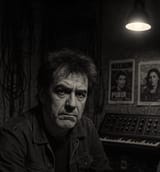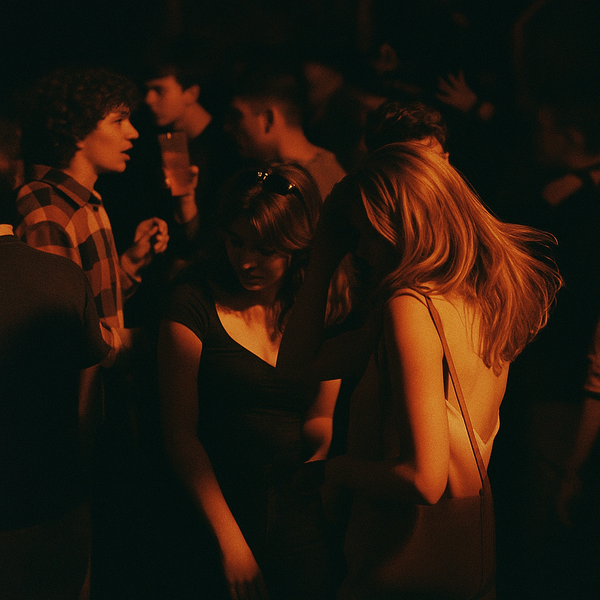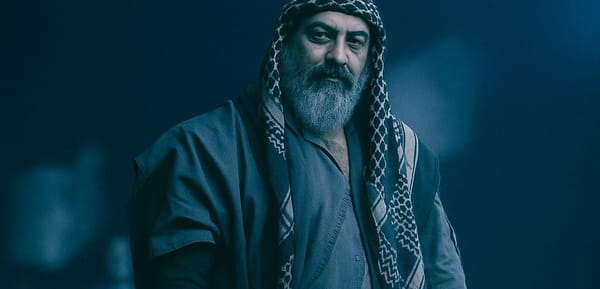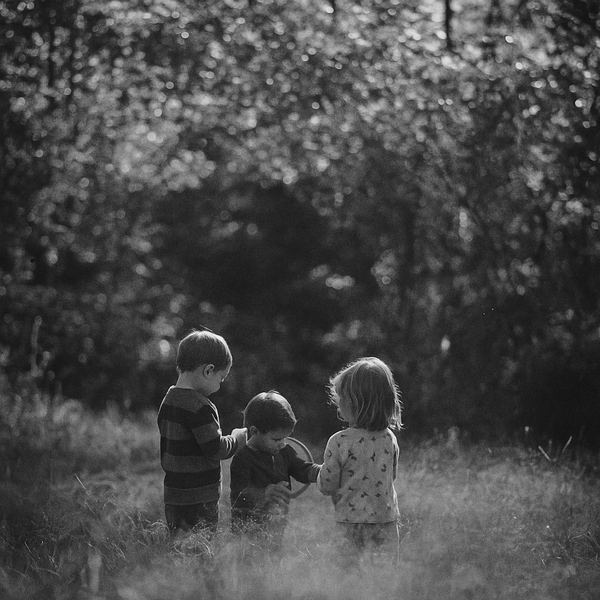The Vanishing Line Between Digital and Analog: Embracing AI in Music

Wolfgang Van Halen isn't pulling punches. When AI-generated music started creeping into the sonic landscape, he dropped a digital sledgehammer: "I think generative A.I. is really stupid. I just think it's dumb. I think it's a waste of time. I think A.I. should be putting mufflers on cars, not doing art for us." It's not just a statement; it's a battle cry from a musician who understands that music isn't just sound—it's soul.
The timing couldn't be more brutal. Just weeks after losing Sonny Curtis, the rock 'n' roll craftsman who wrote "I Fought the Law" and the iconic Mary Tyler Moore Show theme, the music world is wrestling with an existential question: What happens when algorithms start writing our soundtracks?
Curtis represented something pure—a songwriter who could turn a phrase that cut through generations. His work with Buddy Holly's band the Crickets wasn't just music; it was storytelling with six strings and raw human emotion. Now we've got algorithms that can generate a "song" faster than Curtis could strum a chord.
But here's the rub: AI isn't going away. It's not some passing trend, but a fundamental shift in how we create and consume art. The music industry isn't just adapting; it's mutating in real-time.
Consider the current landscape. Major labels are already experimenting with AI-generated backing tracks. Independent artists are using machine learning to analyze chord progressions and song structures. It's not about replacement—it's about augmentation.
Van Halen's visceral reaction comes from a deeply personal place. As the son of Eddie Van Halen, he understands that music is more than technical precision. It's about the microscopic moments between notes—the breath before a guitar solo, the slight imperfection that makes a recording human.
But dismissing AI entirely? That's a losing strategy.
The most interesting musicians aren't running from technology; they're dancing with it. They're using AI as another instrument, another color in their creative palette. It's like how early electronic musicians didn't see synthesizers as threats, but as new possibilities.
Take a band like Radiohead, who've always been technological innovators. They didn't fear digital tools; they embraced them, transforming them into something uniquely their own. AI could be the next frontier of that same exploratory spirit.
The key is maintaining artistic integrity. AI can generate a chord progression, but it can't generate lived experience. It can't capture the raw emotion of Curtis singing about fighting the law, or Eddie Van Halen reinventing what a guitar could do.
We're not looking at replacement, but collaboration. The most exciting music will come from artists who see AI as a creative partner, not a competitor. Think of it like having an incredibly sophisticated co-writer who never gets tired and knows every musical reference imaginable.
For emerging artists, this means developing a new kind of musical literacy. Understanding how to prompt AI, how to shape its output, how to inject human unpredictability into machine-generated frameworks. It's a skill as nuanced as any traditional musical technique.
The line between digital and analog is blurring. And that's not a threat—it's an invitation.
Sonny Curtis fought the law. Wolfgang Van Halen is fighting AI. But the most interesting musicians will be those who learn to work with both.
References
- https://apnews.com/article/125a37c527ea4208a762e90aee93c53e
- https://guitar.com/news/music-news/wolfgang-van-halen-slams-ai-use-in-music
- https://www.cbsnews.com/news/sonny-curtis-who-wrote-the-mary-tyler-moore-show-theme-song-dies-88
- https://www.livemint.com/us/hollywood/sonny-curtis-dies-at-88-singer-songwriter-of-i-fought-the-law-and-walk-right-back-11758402071893.html
- https://www.pbs.org/newshour/arts/sonny-curtis-rock-n-roller-who-penned-mary-tyler-moore-show-theme-dies-at-88
- https://www.thewrap.com/sonny-curtis-crickets-i-fought-the-law-songwriter-buddy-holly-dead-dies-obit
- https://www.nbcrightnow.com/lifestyles/entertainment/sonny-curtis-dies-at-88-tributes-pour-in-for-the-mary-tyler-moore-show-theme/article_0777cb67-ed48-5491-8cd9-c3ff9afba5c0.html
- https://www.goldradio.com/news/music/sonny-curtis-death-fought-law-crickets
- https://www.wsmv.com/2025/09/20/sonny-curtis-crickets-member-who-penned-mary-tyler-moore-show-theme-dies-88
Models used: claude-3-5-haiku-20241022, gpt-image-1




